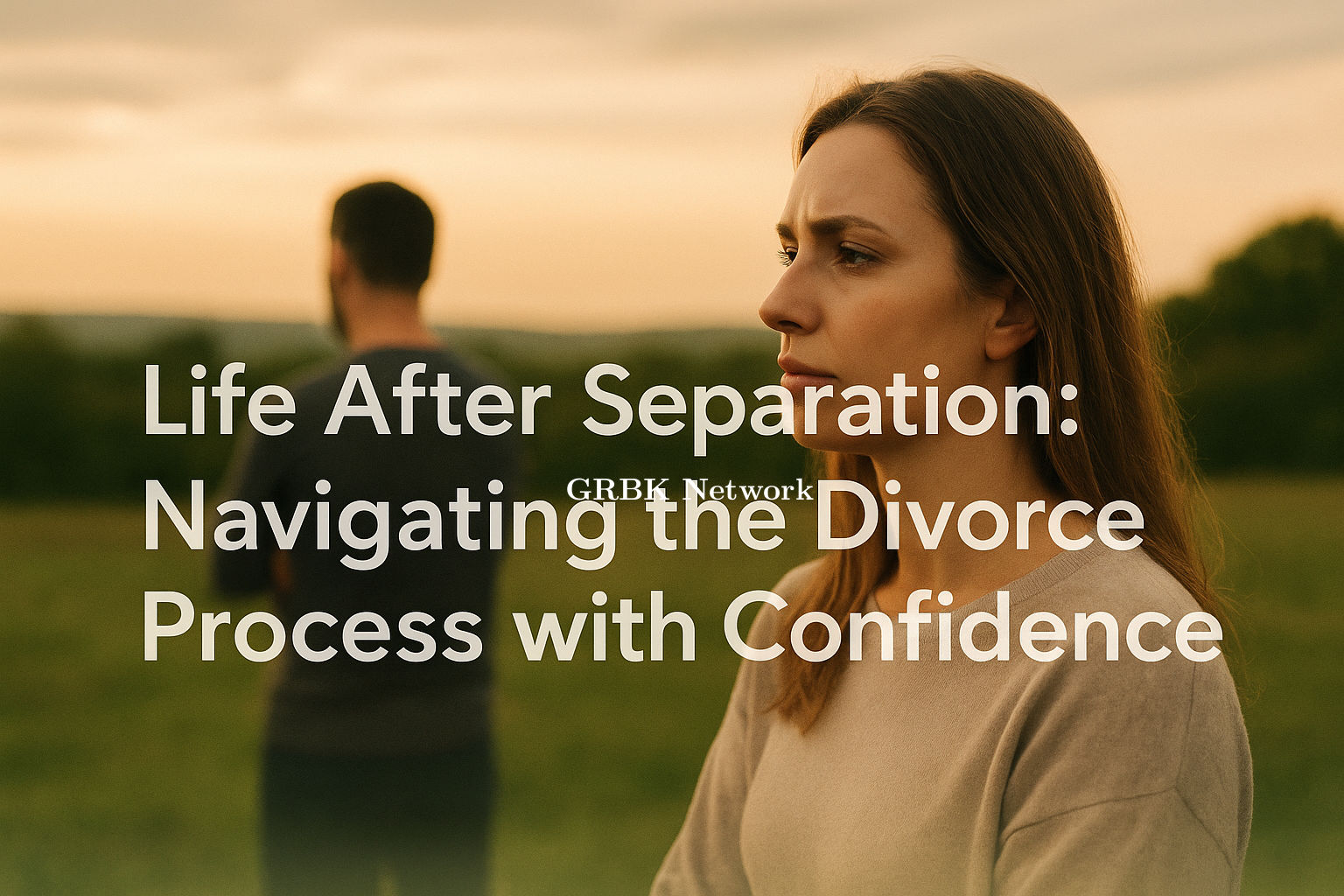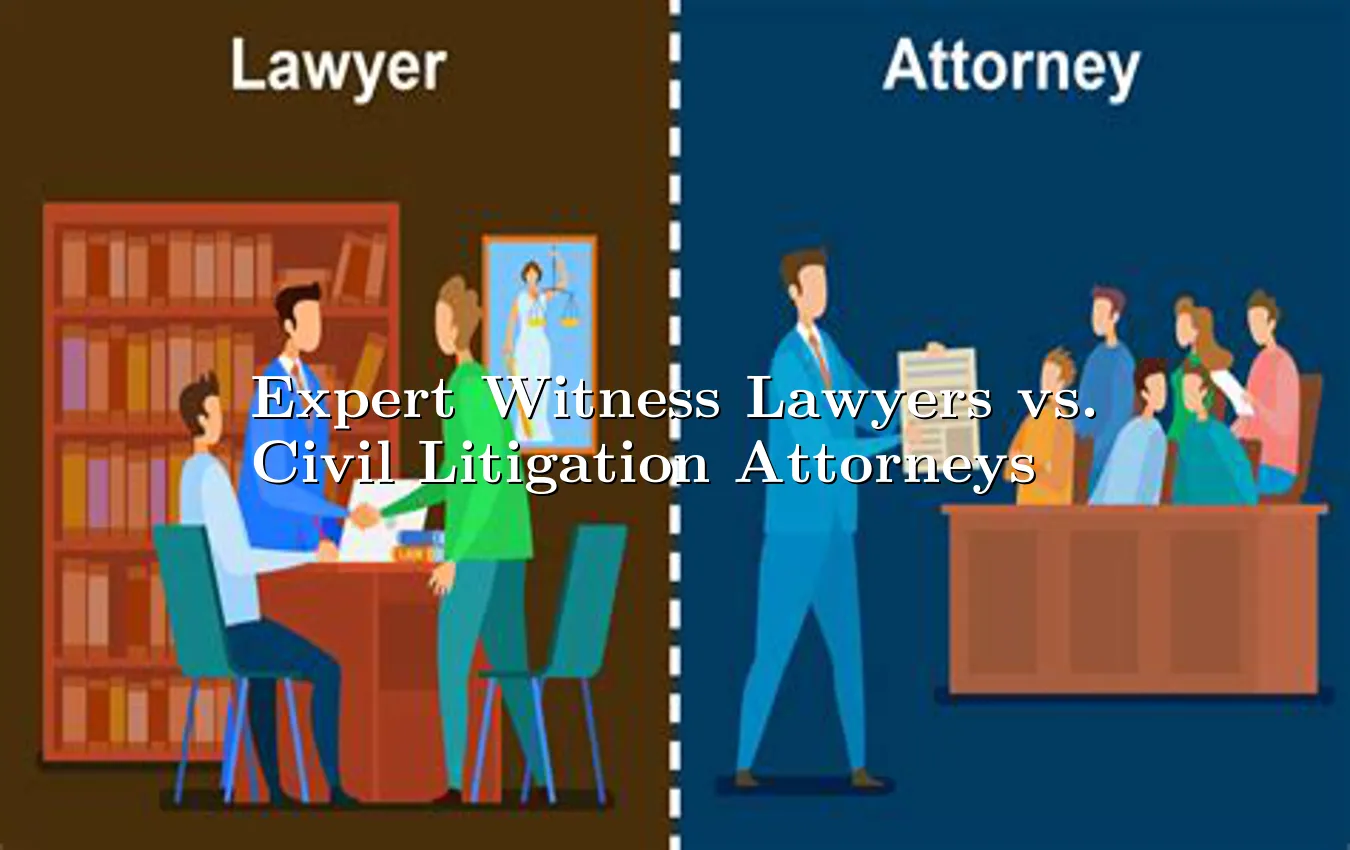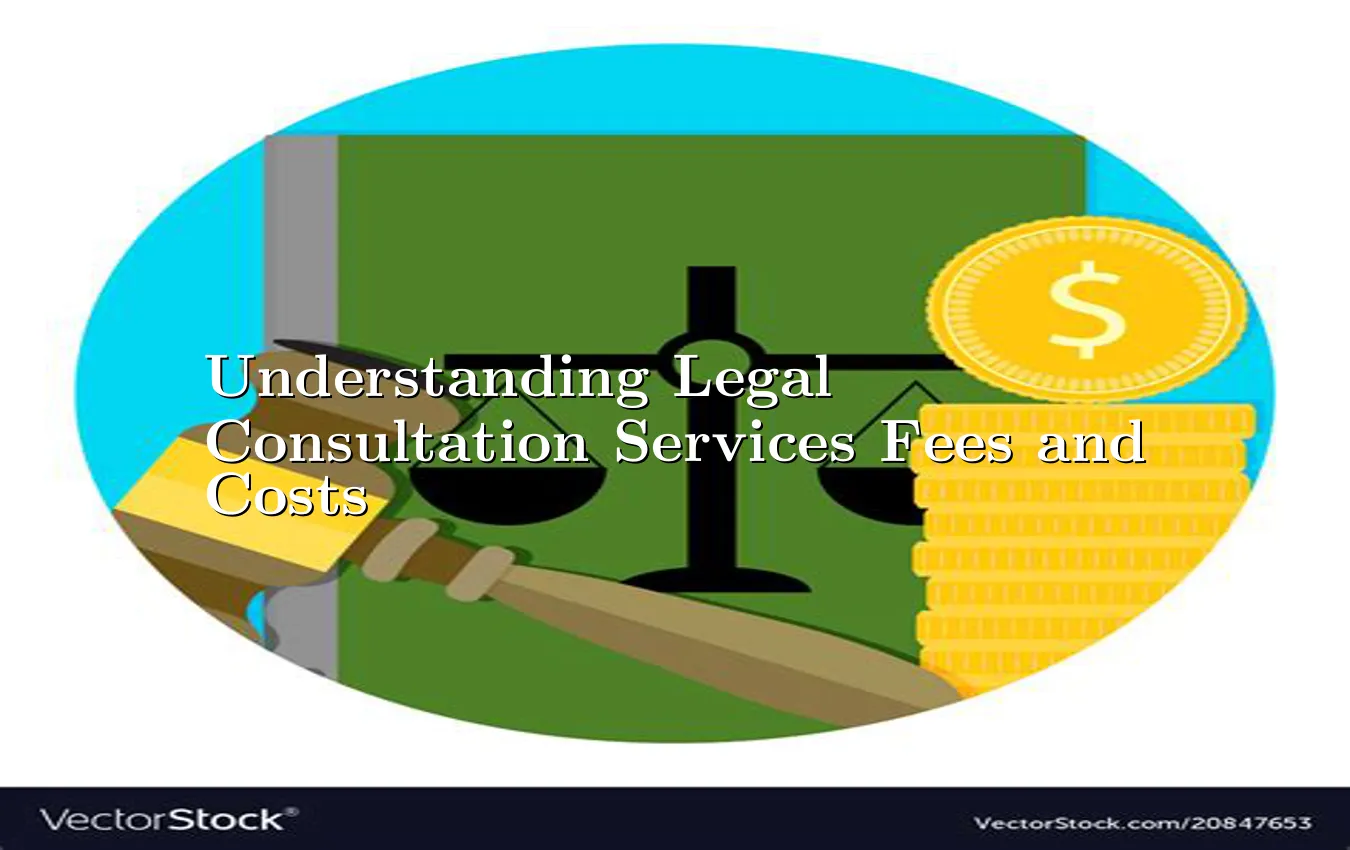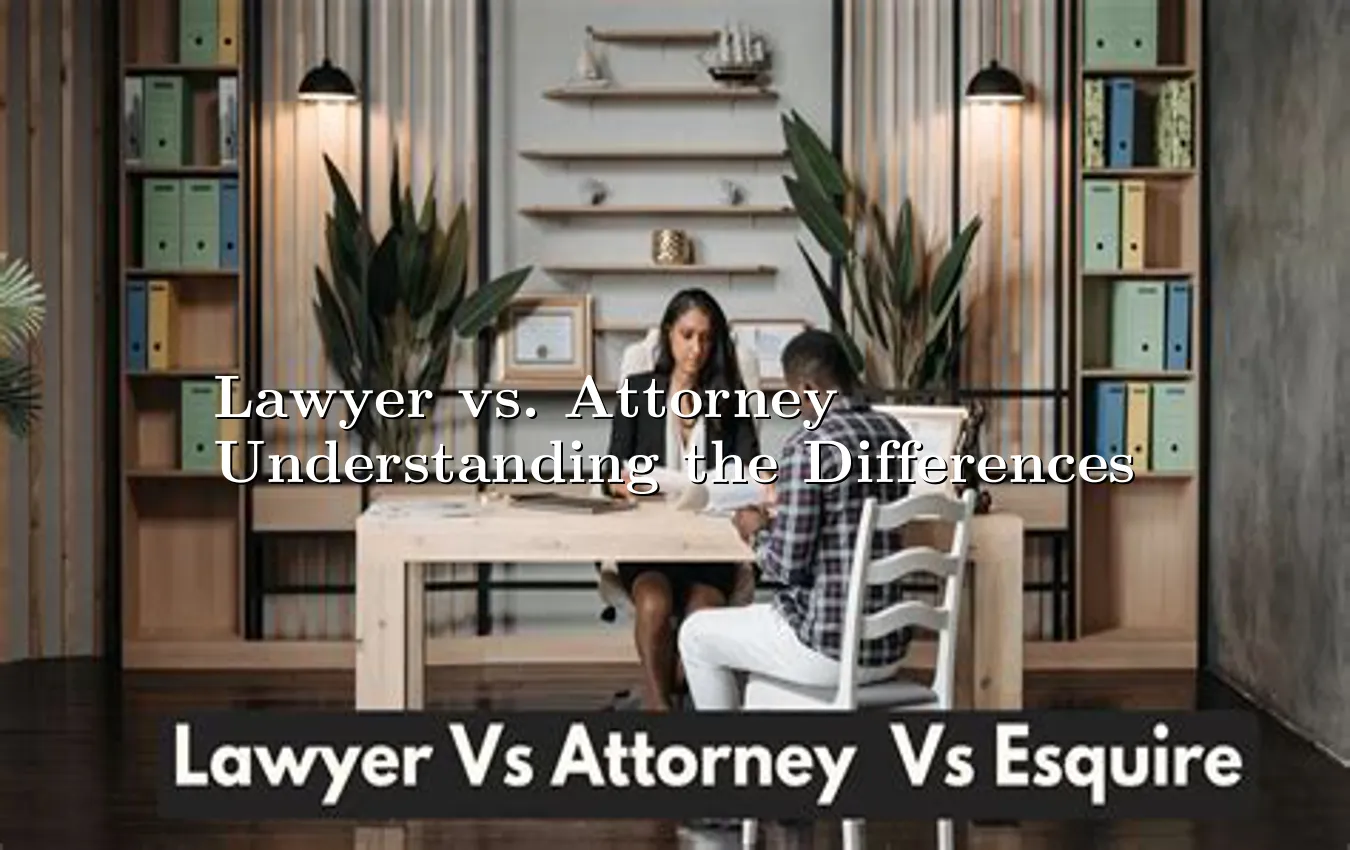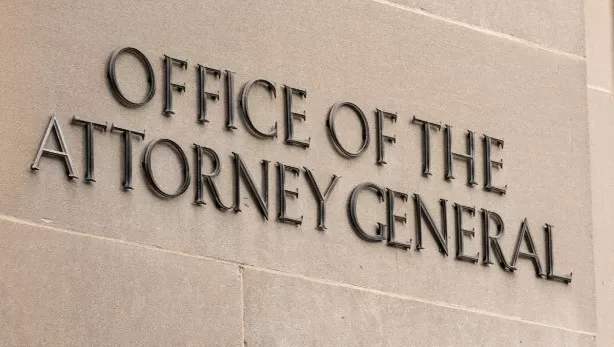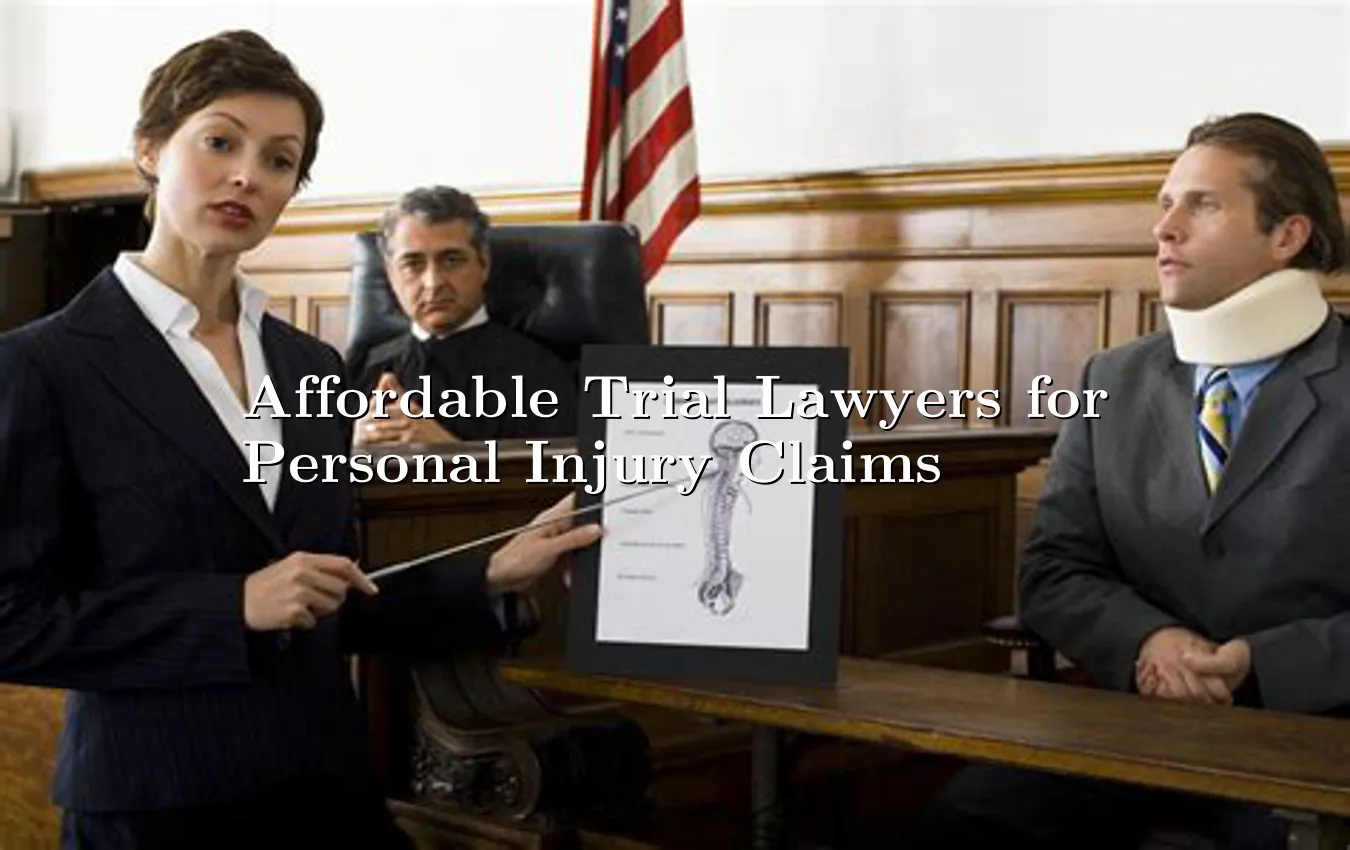
Description : Discover the expertise of award-winning human rights lawyers specializing in civil cases. Learn about their strategies, successful cases, and the impact they make on society.
Award-winning human rights lawyers are crucial figures in upholding justice and protecting fundamental rights. Their expertise in civil cases is essential for addressing a wide range of societal issues and ensuring fairness for individuals and groups facing discrimination or injustice. This article delves into the world of these legal professionals, exploring their strategies, successful cases, and the profound impact they have on society.
Civil cases often involve complex legal intricacies and require a deep understanding of human rights principles. Award-winning human rights lawyers possess not only a profound legal knowledge but also a strong moral compass, enabling them to navigate these intricate situations with empathy and dedication.
This article will provide a comprehensive overview of the skills, strategies, and impact of these exceptional legal professionals, focusing on their contributions to the advancement of human rights in civil cases.
Read More:
Understanding the Role of a Human Rights Lawyer in Civil Cases
Human rights lawyers specializing in civil cases play a critical role in safeguarding the rights of individuals and groups facing discrimination or injustice. Unlike criminal cases, which focus on violations of criminal law, civil cases address violations of civil rights and liberties. These rights encompass a wide range of protections, including freedom from discrimination, the right to fair housing, and the right to a safe and healthy environment.
Key Characteristics of Award-Winning Human Rights Lawyers
Exceptional Legal Expertise: A deep understanding of relevant legal frameworks, including national and international human rights instruments, is paramount. They must be adept at navigating complex legal procedures and statutes.
Strong Advocacy Skills: The ability to effectively present a case, argue persuasively, and build a compelling narrative is essential for success. They must be able to articulate the human cost of injustice and the need for redress.
Commitment to Social Justice: A genuine passion for social justice and a deep understanding of systemic issues are vital. These lawyers are not just advocates; they are often champions for marginalized communities.
Thorough Research and Investigation Skills: Collecting evidence, interviewing witnesses, and meticulously analyzing legal precedents are critical for building a strong case.
Strategies Employed by Award-Winning Human Rights Lawyers
Award-winning human rights lawyers utilize a multifaceted approach to achieve positive outcomes in civil cases. Their strategies often include:
Negotiation and Mediation: Exploring alternative dispute resolution methods to reach settlements that address the underlying issues and protect the rights of the affected parties.
Litigation: When negotiation fails, pursuing legal action in court, employing strategic legal arguments and evidence to demonstrate the violation of human rights.
Interested:
Public Awareness Campaigns: Raising awareness about the case and the broader human rights issue to garner public support and pressure relevant institutions to act.
Collaboration with NGOs and Advocacy Groups: Partnering with organizations dedicated to human rights to leverage resources, expertise, and networks to amplify their impact.
High-Profile Cases and Their Impact
Many award-winning human rights lawyers have been instrumental in landmark cases that have significantly advanced human rights protections. These cases often serve as precedents, impacting future cases and shaping legal interpretations.
For example, cases involving discrimination based on race, gender, or sexual orientation have often been spearheaded by these lawyers, leading to legislative changes and policy reforms. Their efforts have resulted in increased protections for marginalized groups and a more equitable society.
Case Study: A Case Against Racial Discrimination in Housing
A group of minority families faced systemic discrimination in housing applications. An award-winning human rights lawyer spearheaded the case, meticulously documenting instances of biased practices. The lawyer successfully argued in court that the discriminatory practices violated the families' constitutional rights. The outcome of this case led to policy changes within the housing authority, establishing a more equitable application process.
The Future of Human Rights Advocacy in Civil Cases
The field of human rights law continues to evolve. Emerging challenges, such as climate change, technology, and globalization, present new complexities and require innovative legal strategies. Award-winning human rights lawyers will play a crucial role in adapting to these challenges and developing new approaches to protect human rights in the face of evolving societal issues.
Technological advancements also present opportunities for human rights lawyers. Data analysis, social media monitoring, and digital tools can be utilized to identify and address human rights violations more effectively. These tools can be instrumental in exposing systemic issues and holding perpetrators accountable.
Award-winning human rights lawyers are essential figures in ensuring justice and upholding fundamental rights for all. Their expertise, advocacy skills, and commitment to social justice have a profound impact on society. By meticulously documenting human rights violations, employing innovative strategies, and collaborating with various stakeholders, these legal professionals are instrumental in achieving positive change and building a more equitable world.
Their work exemplifies the power of legal action in addressing systemic issues and protecting the rights of marginalized communities. As societal challenges continue to evolve, the role of award-winning human rights lawyers for civil cases will remain critical in safeguarding human rights for future generations.
Don't Miss:



